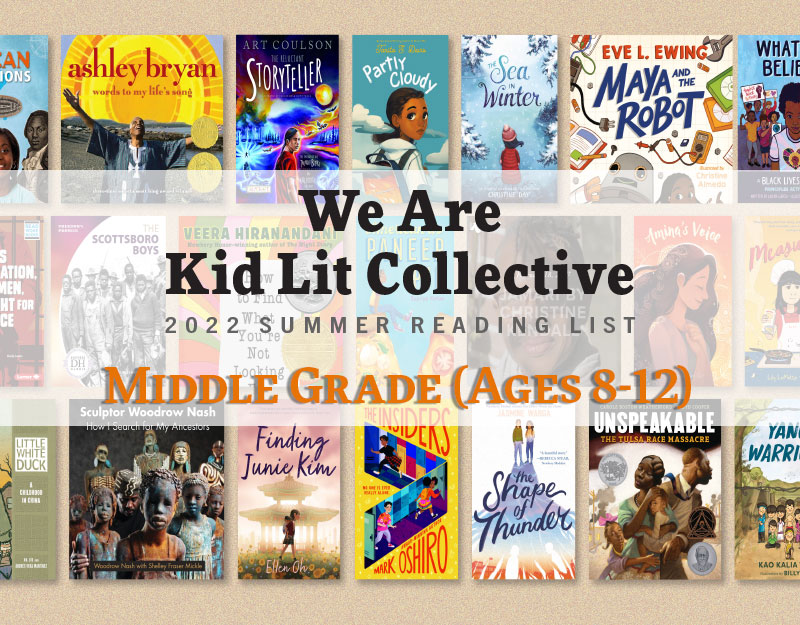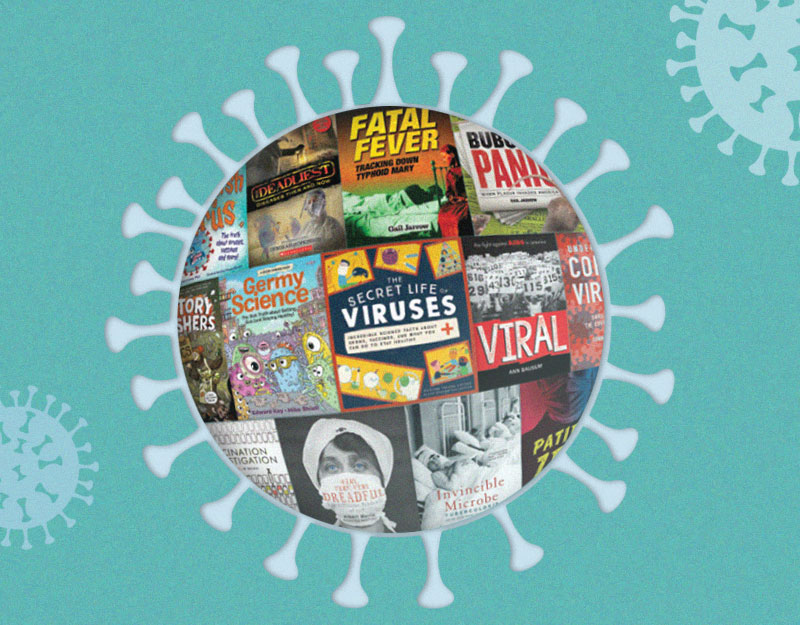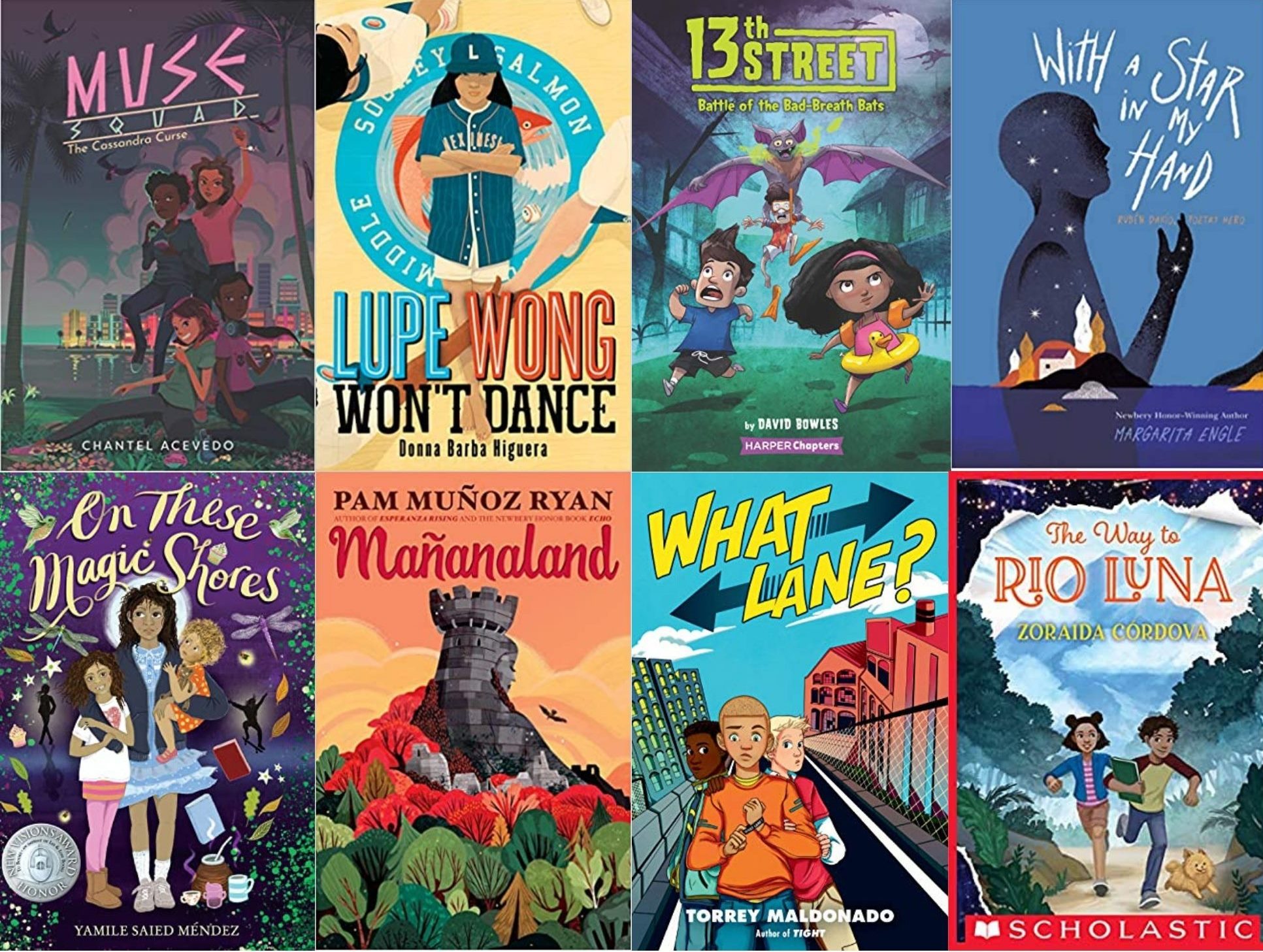Sunday Reflections: Let’s Talk About How We Talk About Mental Health
Let’s talk about Trump. Don’t worry, this is not a political post. This is about mental health. More specifically, it’s about the way people are talking about Trump is causing further harm to those who struggle with mental health issues.
I struggle on and off with depression and anxiety issues. There, I said it out loud. It can make life very challenging. But what’s even more challenging is the stigma that comes with it. The shame. The guilt. The fear of judgment of others.
ADVERTISEMENT
ADVERTISEMENT
Many of the people I know and love also suffer from various mental health issues. I’m honored that they share theirs with me and they allow me to share mine with them. It’s nice to have support, someone you can talk to. But so often we talk about it in secret because as a culture, there is still so much stigma surrounding mental health issues.
You’ve probably read a lot of headlines lately suggesting that Trump is “deranged”, “unhinged”, “crazy” – unfit to be president. Make no mistake, I think it is fair and appropriate to discuss any candidates fitness to be president, including their mental fitness. It’s a big job, we need to have serious discussions about our candidates. BUT WE NEED TO DO SO IN A WAY THAT DOESN’T FURTHER STIGMATIZE MENTAL HEALTH ISSUES.
The stigma against mental health keeps people from seeking the very real medical treatment that they need. Mental health is a medical issue, but we still think of it as a personal failing. Because of this, there is not adequate insurance coverage for mental health issues, which is also a problem. The stigmas surrounding mental health are real and they have far reaching implications. They cause mothers with ppd to hide their issues when they shouldn’t. They cause people to live in fear of being discovered and judged. They prolong the suffering of individuals and families – and make no mistake, all illnesses effect families, not just individuals, and this includes mental health issues. People don’t get the treatment and support that they so desperately need because we as a culture have so stigmatized mental health issues.
So how can you talk about your concerns about public figures and not further stigmatize mental health issues:
1) Avoid inflammatory, derogatory or demeaning terms
Just like the N word or the C word or the R word, using terms like Unhinged, Crazy, etc. have very real repercussions for people. Choose your words carefully please.
2) Avoid damaging stereotypes
Mental illness effects everyone differently and everyone has different coping strategies. Depressed people, for example, are not lazy. They are depressed. The chemicals in their body are not working correctly. Break down your stereotypes about mental illness. Challenge others to do the same. Don’t talk in ways that reinforce these dangerous stereotypes – they harm actual people. They harm your friends, your neighbors, your family.
3) Don’t equate all problematic speech and behaviors as mental illness
You heard that Trump asked someone multiple times about deploying nuclear weapons? That doesn’t necessarily make him “crazy”. That may mean he is short tempered, short sighted, frightening – but not necessarily mentally ill. Not all people that you perceive as terrible are mentally ill, sometimes they are just terrible people. In fact, mental illness does not make you a terrible person.
4) Don’t imply that mental illness results in dangerous behavior.
ADVERTISEMENT
ADVERTISEMENT
Yes, sometimes it results in dangerous behavior, but most of the time it does not. Mental illness does not equate violence or violent tendencies. Most people struggling with mental health issues never act violently towards anyone. Just as most Christians won’t blow up an abortion clinic and most Muslims won’t commit a terrorist act, most people with a mental health issue will not hurt another person. It does happen and it’s sad and tragic when it happens, but mental illness is in and of itself not a prediction of violent behavior.
5) Don’t use very real mental health issues and terminology to insult others.
You want to insult someone? Fine, do it in a way that doesn’t hurt innocent bystanders along the way. See number 1 up above on this. Your friend sometimes acts one way and on another day they act a different way? They are not schizophrenic. They are human. You’re sad because you burnt your pizza and now if you want something to eat you have to put on pants and go to the store? You are not depressed. You are bummed, put out, exasperated. When we don’t feel good we don’t say man, it feels like I have cancer. That’s because we respect the fact that cancer is a real and serious disease that real people suffer from. Mental illnesses are real things and real people struggle with them. They have serious, life altering ramifications. Please don’t minimize the impact by glibly using them to insult others and feed into the culture that makes living with mental health issues so very hard.
So what does this mean for YA literature?
If you are writing, reading, or reviewing YA literature, I think it’s important that you follow the same principles above, but with one caveat: I don’t think there should never be a character who refers to a person with mental health issues as crazy or unhinged or whatever. In fact, it makes sense for the characters in a book to engage in the problematic behaviors I mentioned above because this reflects the real world. The fact is, that many people in the real world do so it makes sense to have characters in our books that do. The difference is that by the end of the book those stereotypes and harmful ideals should be dismantled. The person struggling with mental illness should be humanized. A reader should walk away from a book not with their harmful characterizations and ideas reinforced, but with the challenge to think differently about mental illness. The reader should walk away not thinking mainly that character was mentally ill, but with the realization that the character is a fully fleshed out human being who also happens to struggle with a mental health issue. The mental health issue should not define them, but the reader should understand the realities of living a life with a mental health issue.
1 in 4 adults struggles with a mental health issues. The teenage years are the years when a lot of mental health issues present. If you yourself do not struggle with a mental health issues, the people around you that you know and love do. You may not even know it, but many of them are. Give them the respect that they deserve and help to create a world that will honor and support them by being careful about how you talk about mental health issues.
Filed under: #MHYALit, Sunday Reflections
About Karen Jensen, MLS
Karen Jensen has been a Teen Services Librarian for almost 30 years. She created TLT in 2011 and is the co-editor of The Whole Library Handbook: Teen Services with Heather Booth (ALA Editions, 2014).
ADVERTISEMENT
ADVERTISEMENT
SLJ Blog Network
One Star Review, Guess Who? (#202)
This Q&A is Going Exactly As Planned: A Talk with Tao Nyeu About Her Latest Book
More Geronimo Stilton Graphic Novels Coming from Papercutz | News
Parsing Religion in Public Schools
ADVERTISEMENT









I too have been writing about this lazy use of stigmatizing language to label Trump. Thank you for the particular YA focus at the end.
Can you share a link please? I would love to read what you have written.
Karen
Well said. Thanks for reminding us all.